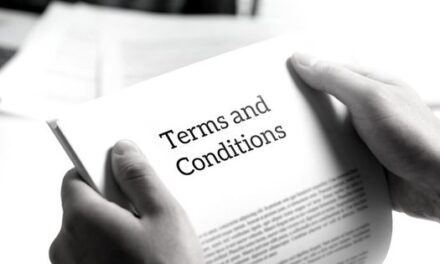His face crumpled. He said, “I am still working on it. I still have so much self-doubt.”
‘Sergei’ is an accomplished leader. Valued by his team members, appreciated by his supervisors, he always delivers quality work with a team who love and trust him. And yet he is riddled through with gnawing self-doubt. He believes this lack of self-confidence is a leadership failure.
And he is beating himself up about it.

In many conversations with leaders, this issue surfaces again and again. Self doubt is rife. Admitting self doubt sees shoulders slump, brows furrow. Somehow, we believe we have failed. Real leaders are confident! Charismatic! Capable! And for many, we fail to measure up. It’s an unkindness we do to ourselves that is not helpful.
Let’s reframe self-doubt as something useful, and maybe even kind.
Myth 1 – If I’m confident, I must have leadership skills
People see confidence of a leader as a sign of competence. It makes sense: we’re confident because we’re capable. Right? Not always. There are many brash leaders who let a little bit of knowledge serve as an ocean of wisdom, and then promptly drown in their own ignorance.
Sometimes we may also know too much. In his book, The Intelligence Trap, David Robson explains how easily we become blinkered by our expertise. Because we have built a wealth of knowledge, our brain leaps to conclusions based on the most scant of data. It sees a familiar pattern, and then builds an assumption on that.
Like playing Pictionary, we don’t need a full image to get the picture: a line, a dot, and we find a meaning. This is all very well and good in board games, but terrible in leadership.
It’s only curiosity that keeps us looking more carefully at what we’re seeing, trying to make sense of it all.
Confidence is not the end game in leadership; curiosity is.
Self-doubt then, is an invitation for curiosity. If we don’t know enough, then we stay curious about the gaps. In this instance, self-doubt is a boon for leadership, and a kindness to ourselves: if we doubt, we may grow.
Myth 2 – Charisma is an essential leadership quality
Many leaders believe charisma and confidence are the secret sauce of success: if we can be alluring enough, others will flock to us like seagulls to hot chips.
Charisma is more than a flashy smile and a big personality. Charisma is presence. Presence is being present. Only the most humble, kind leaders can be truly present because we have all our attention on the other humans around us. Humility, born from self-doubt, helps us be present. Kindness, born from presence, keeps us in service. Otherwise our ego gets in the way.
If we want to be luminaries, we need to shine the light: not on ourselves, but on others.
Myth 3 – If I still feel self-doubt, I must be failing as a leader
Self-doubt serves us. It keeps us humble and therefore we can stay open and curious. Berating ourselves for self-doubt is self-defeating. It serves only to make us feel small and not good enough. Too many harsh words are said within the confines of our own mind. We are tyrannical and terrible with our self-talk.
If we are to lead better, then we may start with our own inner voice. Let’s be kind to ourselves. Let’s appreciate how far we’ve come, how hard we try, and what we are committed to. If we choose kind words and kind deeds, towards ourselves and others, then that ripples outwards.
When we choose kindness, we walk in grace. In that, there is no doubt.
Live well, lead well.




















